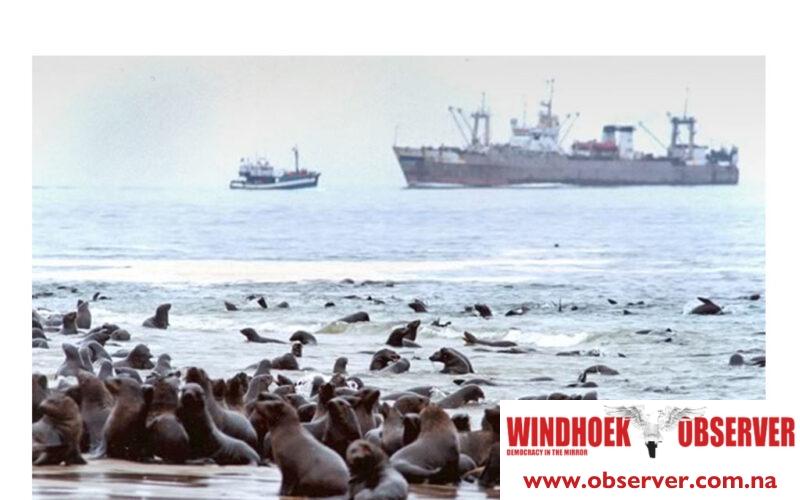Niël Terblanché
The Benguela Current Large Marine Ecosystem (BCLME) IV project is a vital tri-nation collaboration between Angola, Namibia, and South Africa to build a sustainable blue economy in the southern African region.
A recent meeting in Swakopmund, under the auspices of the United Nations Development Programme (UNDP), and led by Annely Haiphene, the executive director of Namibia’s Ministry of Fisheries and Marine Resources, focused on refining the project’s objectives and structure.
Funded by the Global Environment Facility (GEF), the project is aimed at enhancing marine fisheries and value chains, strengthening the management of Marine Protected Areas, and initiating innovative financing mechanisms.
“The BCLME IV Project is not just a continuation but an evolution, building on the successes and lessons from its predecessor,” Haiphene said while pointing out the drive towards inclusivity and sustainability in the use of marine resources.
The project, to be implemented by the Benguela Current Convention (BCC) secretariat, draws on the rich biodiversity of the region which includes the coastal waters of Angola, Namibia, and South Africa.
“These waters are vital for their ecological and economic value but face pressures from overfishing, habitat destruction, and pollution,” Heiphene said.
Discussions during the meeting were enriched by insights from BCC Commissioners, including Dr Filomena Vaz Velho of Angola and Tembisa Sineke of South Africa, who stressed the importance of regional collaboration.
Thandiwe Gxaba, the acting executive secretary of the BCC, and Christian Shingiro of UNDP Namibia, also spoke about the project’s significance in the region.
A site visit to Walvis Bay further illustrated the project’s commitment to responsible fishing practices.
Participants observed operations at the Seawork factory and engaged with the Meme Itumbapo Women’s Group, which collaborates with the Namibia Nature Foundation and the Albatross Task Force.
These groups are instrumental in producing bird-scaring lines, a simple yet effective tool to mitigate seabird bycatch during fishing operations.
Haiphene said that the productive outcomes of the BCLME IV project meeting, backed by UNDP-GEF and driven by the concerted effort of the three participating nations, promise a sustainable and resilient future for the region’s marine ecosystems.




